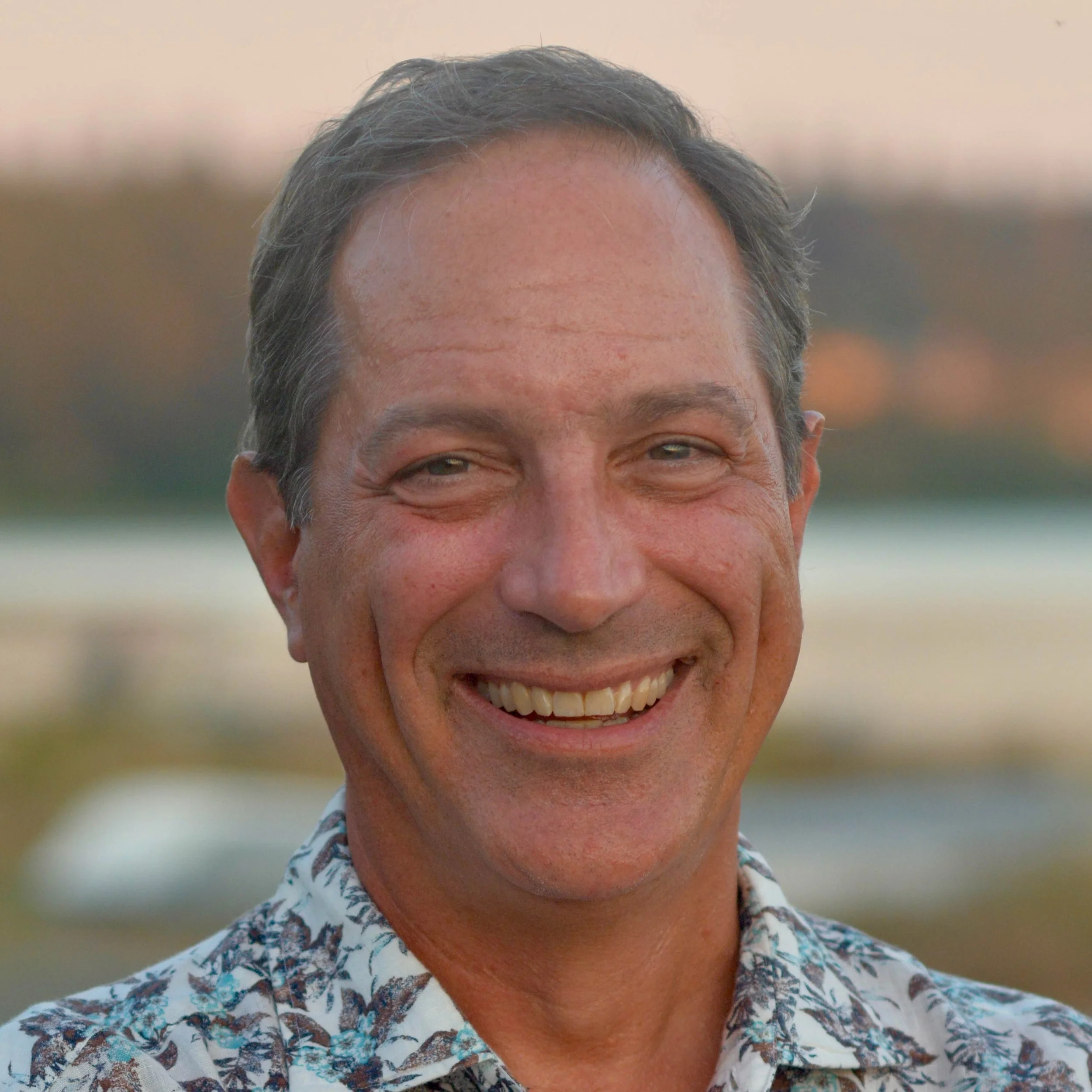KOHEI SAITO on Degrowth Communism & the Need for Radical Democracy
/Author of Slow Down! How Degrowth Communism Can Save the World
Marx in the Anthropocene: Towards the Idea of Degrowth Communism
The Green New Deal presents itself as a kind of radical policy. If you look at the content, it's just simply the continuation of what capitalism wants to do. It's a massive investment in new, allegedly green industries, with the creation of more jobs with higher wages, but these are not the things that socialists or any environmentalists should be actually seeking because we recognize that capitalism is basically the root cause of the climate crisis and the misery of the workers. If so, I think it is high time to imagine something radically very different from business-as-usual capitalism.


